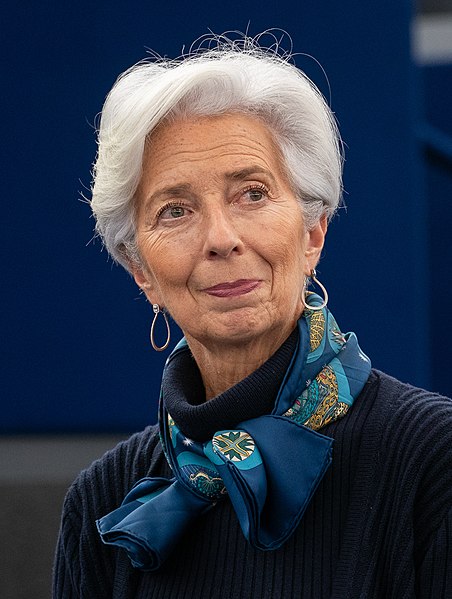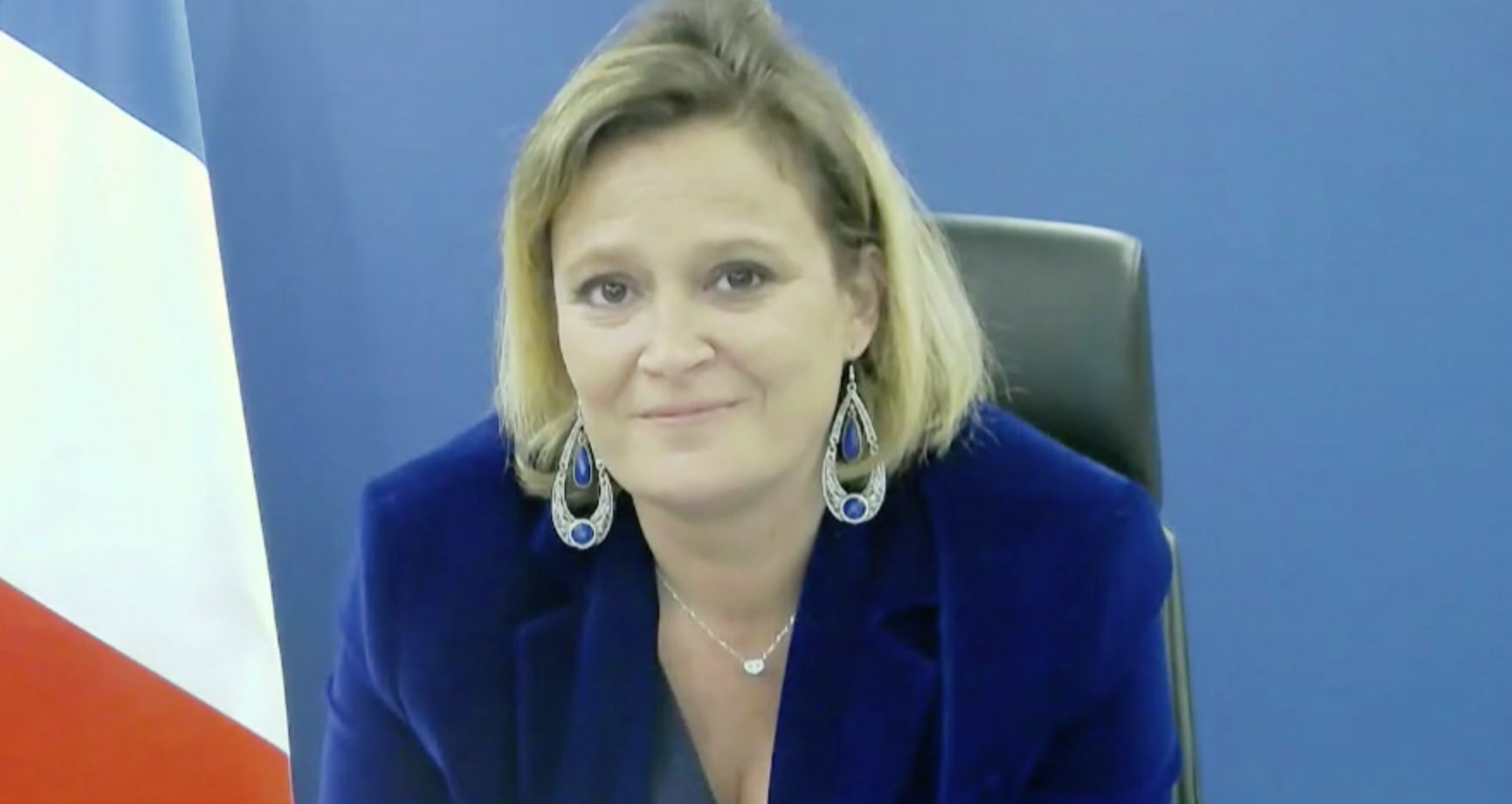No more 'pick and mix' sustainability reporting for EU companies - commissioner
EU companies will no longer be able to “pick and mix” sustainability reporting standards, with new legislation set to require up to 50,000 firms to follow detailed, mandatory reporting standards, a top EU official said yesterday.
The proposed Corporate Sustainability Reporting Directive (CSRD), expected to come into force in 2024, will require all large companies and all listed SMEs to report sustainability performance following new EU standards. It will replace the Non-Financial Reporting Directive, adopted in 2014, which affects 11,000 companies – making more than four times as many firms subject to the new rules.
Reported information will have to be audited by a third party, in an attempt to bring sustainability reporting on par with financial reporting. The increased transparency is intended to facilitate the flow of capital towards sustainable investments.
“Ultimately, sustainable investment is about making the right choices. And to make the right choices, you need good information,” Mairead McGuinness, commissioner for financial services and former vice-president of the European Parliament, said at the European High Level Conference on CSRD yesterday.
Above: Mairead McGuinness, commissioner for financial services, financial stability and capital markets union (credit: Jan VAN DE VEL © European Union 2021 / Source: EP)
“We need complete, comparable and reliable sustainability information about companies, because the opposite is poor and incomplete information. And this could create systemic risks for our financial system,” she added.
The current rules were unclear and incoherent, leading companies to “pick and mix” what standards they wanted to report against, if any, she said.
Sustainable investment is about making the right choices. And to make the right choices, you need good information
The CSRD, put forward by the European Commission on 21 April, comes among growing calls for government intervention and regulation on impact investing, in Europe and elsewhere. Last month in the US, Andrew Kassoy, co-founder and CEO of B Lab, the organisation behind the B Corp accreditation, said the current challenges – including climate change, racial inequity, poverty and the health crisis – needed the government to “play a role” and required a “change in the rules of the game for everybody.”
 President of the European Central Bank Christine Lagarde (pictured), who was also speaking at yesterday’s conference, said the CSRD could “finally address the main data gaps currently affecting the EU’s sustainable finance landscape”. It also paved the way for the future creation of a “one-stop shop” for all company information, which would integrate sustainability and financial data and would be “immensely useful for investors,” she added.
President of the European Central Bank Christine Lagarde (pictured), who was also speaking at yesterday’s conference, said the CSRD could “finally address the main data gaps currently affecting the EU’s sustainable finance landscape”. It also paved the way for the future creation of a “one-stop shop” for all company information, which would integrate sustainability and financial data and would be “immensely useful for investors,” she added.
Olivia Grégoire, French secretary of state for social economy, said companies should be free to do business without being constrained by compliance, but argued the directive was key to EU companies’ future competitiveness. Those not considered sustainable by the markets, customers and investors did not have a future, she said.
The new reporting requirements should not be seen as a burden imposed on companies, McGuinness said. “It is a management tool for companies as much as it is an information transparency for the financial markets.”
Impact beyond EU borders
The proposed directive will not apply to non-EU companies. However McGuiness said the EU’s “soft power” (also known as the Brussels effect) was likely to have an impact beyond the bloc’s borders. “While we cannot impose our standards on others outside, I think you will see that others will look towards what the European Union is doing, and therefore follow us rather than it being a requirement,” she said.
I think you will see that others will look towards what the EU is doing
She added that it was likely non-EU companies supplying EU entities or working within the European Union may come under pressure to supply sustainability information.
There is no worldwide agreement on corporate sustainability reporting standards. The EU is supporting global alignment, McGuinness said, but this would not prevent it from exceeding international standards, which should be seen “as a floor, but not a roof”.
Voluntary adherence for SMEs
Reporting standards for large companies (with more than 250 employees) will differ from those for publicly listed SMEs, which will be “proportionate” and which non-listed SMEs will be able to use voluntarily.

Above: Olivia Grégoire, French secretary of state for social economy, speaking at the High Level Conference on CSRD yesterday
Grégoire said France was “strongly convinced that it is important not to leave SMEs out of this huge evolution”. Many SMEs were willing to “play the game” and already had sustainable practices in place, so it was important to “imagine special tools” to enable them to voluntarily adhere to the new standards.
It is important not to leave SMEs out of this huge evolution
The standards are currently being developed by the European Financial Reporting Advisory Group. Reporting will follow the “double materiality” principle, meaning that companies will have to report their exposure to sustainability risk as well as their impact on sustainability issues. Reporting requirements will also be coherent with existing and forthcoming EU laws, including the Sustainable Finance Disclosure Regulation (aimed at investors) and the EU Taxonomy Regulation, which aims to classify which activities are environmentally sustainable.
What is an EU directive?A directive is a legislative act that sets out a goal that all EU countries must achieve, but it is up to the individual countries to devise their own laws on how to reach these goals. Before being implemented, the proposed directive needs to be ratified by the European Parliament and the Council (the governments of the 27 EU countries). In the case of the CSRD, the Commission hopes to see companies report based on new rules starting in 2024, which would require the European Parliament and the Council to reach agreement by early next year. |
Top picture: the European Commission building in Brussels (credit: Sébastien Bertrand via Wikimedia Commons)
Thanks for reading Pioneers Post. As an entrepreneur or investor yourself, you'll know that producing quality work doesn't come free. We rely on our subscribers to sustain our journalism – so if you think it's worth having an independent, specialist media platform that covers social enterprise stories, please consider subscribing. You'll also be buying social: Pioneers Post is a social enterprise itself, reinvesting all our profits into helping you do good business, better.




